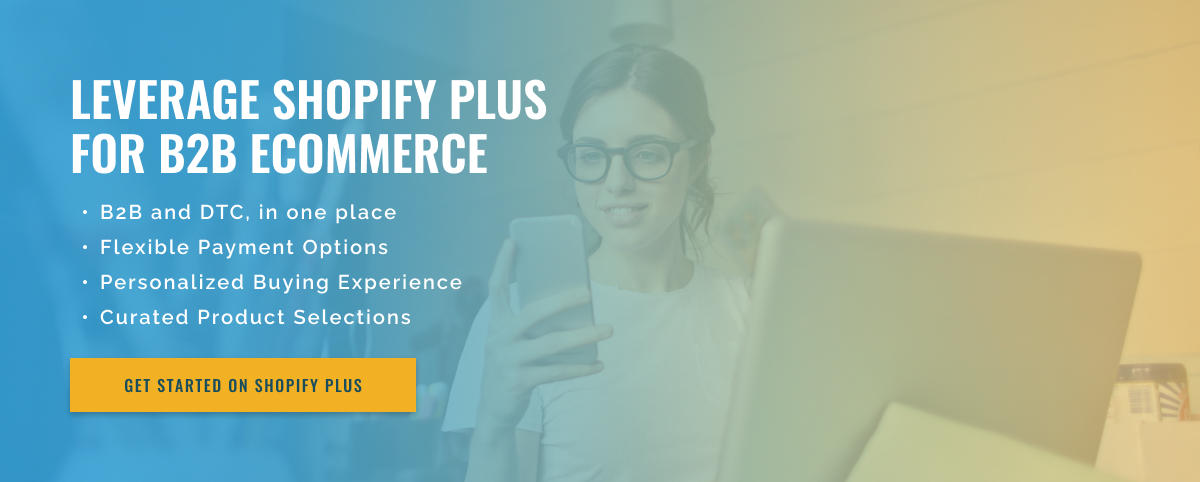3 minute read
How Shopify B2B Has Evolved for Modern Businesses
In the ever-changing landscape of eCommerce, one platform stands out as a leader in both B2C and B2B sales: Shopify. While most people associate Shopify with small businesses and the world of direct retail, the platform has grown to become a major player in the B2B market as well.
At its core, Shopify is designed to provide businesses with a customizable, easy-to-use platform to sell products online. Its focus on ease of use and accessibility has made it a hit with small businesses, especially those just starting out in the world of eCommerce. However, as businesses have grown and evolved, so has Shopify.
One of the main factors contributing to Shopify’s success in the B2B market is its built-in ecosystem. With the ability to seamlessly connect to a variety of apps and integrations, Shopify has become a hub for businesses to manage all aspects of their business, from sales and marketing to inventory and fulfillment. This integration has made it the go-to platform for businesses of all sizes looking to streamline their processes and increase efficiency.
Another key aspect of Shopify’s evolution in the B2B space is the platform’s focus on personalized customer experiences. With the rise of account-based marketing, businesses are now looking for ways to target and connect with specific businesses and individuals. Shopify’s customer segmentation tools allow businesses to create personalized experiences for each customer, making it an ideal platform for B2B marketing and sales strategies.
Additionally, Shopify has also introduced wholesale and custom pricing options designed specifically for B2B customers. This feature allows businesses to offer discounted pricing for bulk orders or create custom pricing tiers for specific customers. By giving businesses greater flexibility and control over pricing, Shopify has become the preferred choice for many B2B businesses.
Shopify has also made strides in providing businesses with extensive analytics and reporting capabilities. This allows businesses to track and analyze sales data, identify trends, and make data-driven decisions to improve their B2B sales strategies. With its easy-to-use interface, integrated ecosystem, personalized experiences, and advanced analytics, it’s no surprise that Shopify has become the go-to platform for B2B businesses.
As the eCommerce industry continues to evolve, Shopify will maintain its leadership position in this market through its ongoing commitment to meeting the changing needs of B2B customers.

